My first period arrived on a Tuesday afternoon when I was 12. I skipped swimming club that night, and only partly because the local pool is no one’s top choice for an inaugural tampon test-run. Mainly, it was so I could spend that time basking in my new identity as ‘a woman’. If I close my eyes, it’s like I’m there all over again, roaming the playing fields in school uniform with my friend Ruth, feeling infinitely more worldly than I had been pre-maths. The whole memory has the golden, hazy vibe of The Virgin Suicides, but without the dead bodies.
I hadn’t thought about that moment for years, until I started coming across articles and podcasts focusing on the ways women could ‘embrace’ the menstrual cycle. Known variously as cycle mapping, female bio-hacking and hormonal alignment, it’s the theory that tapping into our hormonal cycle will give us more energy and mental focus, and reduce stress.
Modern life has us operating out of sync with our hormonal ebb and flow, but by learning to live in harmony with it, we can tap into a superpower that’s been lying dormant for centuries.
All of which sounded amazing, because my love affair with menstruating began and ended on that first day. From that point on, having periods has been mostly annoying. But maybe I should have been paying more attention to my hormonal rhythm, rather than ignoring it.
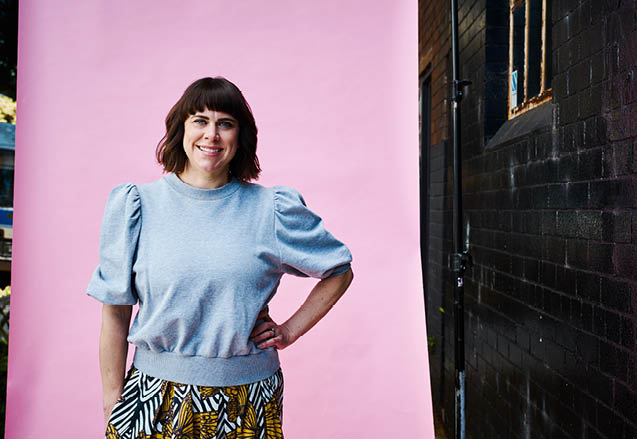
During our cycle, varying levels of oestrogen and progesterone affect everything from our immune system to social skills, says nutritionist and hormonal expert Alisa Vitti, who trademarked the phrase ‘Cycle Syncing’ in her 2013 book WomanCode, expanding on it last year with In the Flo.
Adopting a ‘monthly routine’, she adds, can “give us more energy, more mental focus, and reduce symptoms of major issues like fibroids, endometriosis and PCOS [polycystic ovary syndrome]. There’s so much it can do.”
The first step is to recognise the four stages of the cycle: the Follicular, Ovulatory, Luteal and Menstrual phases. At 44, this is all news to me, but I’m not rare in that sense, according to Dr Yasmin Pilgrim, a Brisbane-based OB GYN and period and healthcare ambassador for U by Kotex.
“A lot of us focus on the period as an isolated event and don’t know about the different phases,” she says, “so I find it helpful to compare them with the seasons.” The follicular phase is spring, she explains, when the world starts coming to life. Next is the ovulatory phase – or summer – then the luteal phase as autumn, and finally, menstruation, “which aligns perfectly with winter, when we often feel the need to hibernate and rest.”
Finding the seasonal metaphors quite soothing, I decide to give it a go, kicking off with [drumroll]…
Spring – The Follicular Phase
days 5-19 approx.
That’s right – our adventure begins the day AFTER your period finishes. Alisa explains: ”Even though the first day of your bleed is a useful place to count from, the lived experience of the cycle is that menstruation is the culmination of the journey, so it matches your psychological journey better to start with the follicular stage.”
Alisa’s app, MyFlo, tells me oestrogen is slowly rising, bringing with it energy, optimism and creativity. Looking at my notes for the week, I’ve written precisely nothing about my mood, following the ‘no news is good news’ method. Strong start!
Low cortisol levels are great for keeping a handle on stress, and also mean you can go hard on the exercise front. “HIIT workouts are ideal right now,” says Ali Handley, founder of Sydney’s BodyLove Pilates. “And take advantage of all that energy by working out in the morning.”
A monthly routine can give us more energy and mental focus
She’s not wrong. I find that throughout this phase, if I don’t exercise first thing, I’m climbing the walls by 3:30.
But, beware: a recent study of professional soccer players found that women suffer up to 88 per cent more muscle and tendon injuries as we approach ovulation, so warming up and cooling down are vital. My lumbar learns this the hard way, after I extract a furious, thrashing four-year-old from a Zoom call with his daddy’s Executive Leadership Team. Cue husband having to cancel the rest of his day, so I can lie on the sofa with a heat pack, watching Sex Education.
Summer – The Ovulatory Phase
days 15-17 approx.
This is the hormonal equivalent of the Rio Carnival. Oestrogen peaks, making us more confident and extrovert, spiked with testosterone to maximise our thirst for baby making. I mean, apparently. If any of these things are going on in my body, I am oblivious. (It’s worth noting that this phase coincides with roughly day 104 of Sydney’s most recent lockdown, by which point, much as I love him, I am not feeling particularly drawn to my husband.)
Still, the fun isn’t limited to the bedroom. MyFlo tells me this phase’s kick-ass communication skills make it the ideal time to negotiate a pay rise, pitch an idea, collaborate with a team or generally interact. This week, my articles seem to structure themselves without any effort from me, and my thesaurus.com usage nosedives, because I KNOW ALL THE WORDS!
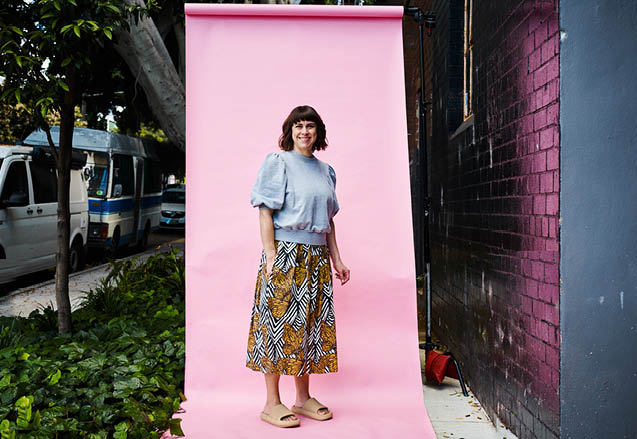
Food-wise, our metabolism is generally slower here, requiring fewer calories, “If you’re interested in intermittent fasting, this is the time to do it,” says Sydney nutritionist Brittany Darling. “It’ll be easier to stick to, and you’ll get the most out of it.”
My GP has requested some blood tests, requiring nil-by-mouth beforehand, and I realise this is the perfect time. While I don’t necessarily ‘enjoy’ the two-hour delay at Douglass Hanly Moir, I’m pleased to have scheduled it this week, and not next.
Autumn – The Luteal Phase
days 18-28 approx.
The second half of the cycle, from ovulation onwards, is far more low-key, as oestrogen drops and progesterone begins its climb – a combination that brings lower energy and a hankering for alone time. Having never paid it any attention before, I’m surprised how dramatic the shift is, but ‘Sleepy all day’ is the best I can do in my notes. Not a Walkley-winning week.
“Speak up for yourself, say ‘no’ more often and set your own firm boundaries, otherwise you may become irritated,” suggests the app, with just a hint of side-eye. I take the advice, and could not be happier that while everyone else in NSW rabidly reclaims their right to picnic, I have permission to stay home alone reading Rachel Cusk. Bliss.
Ali, my pilates guru, recommends a similarly gentle approach. “Exercise when it feels right, rather than scheduling it.” Metabolism has picked up the pace, and resting cortisol is higher, so it’s better to limit exercise to 30 minutes, sticking to simple strength training, pilates or yoga, and avoiding high intensity cardio.
‘Sleepy all day’ is the best I can do in my notes
That faster metabolism also means we burn off more calories. “Focus on protein-rich foods to keep your blood sugar stable, keep you satisfied, and provide iron, which you’ll need in menstruation,” says Brittany.
Unsurprisingly, it’s hard to nail it every time when there’s also parenting on the agenda. Case in point: spending five hours with the tiny hooligan at Taronga Zoo on its first day open post-lockdown. I’m so exhausted when we finally get home that all I can do is go to bed with some Ben & Jerry’s, and cry myself to sleep because – bear with me while I quote from my notes – “I’m such a fuck-up”.
Winter – The Menstrual Phase
days 1-4 approx.
Two days after ice cream and crying, my period shows up. Who’d have guessed?
“Your energy will be at its lowest at the beginning of your period, so slow down and rest as much as possible,” says Ali, “Yin yoga is great, focusing on forward folds with the energy flowing down and out, in aid of the detoxification process that’s going on.” I follow along with her Total Bodylove Mat class on Instagram, and feel nicely restored.
Metabolism is still high, and comfort eating is the go. “It’s important to replenish iron that’s lost through your menstrual cycle,” says Brittany. “Lentils, slow-cooked meats. Warming foods and anti-inflammatory foods, like ginger.”
Two days after ice cream and crying, my period shows up
Foods that contain potassium can help reduce water retention if you’re prone to bloating – so I tuck into a bowl of lovely chopped papaya, feeling smug.
Hormone levels hit their all-time low, which MyFlo claims allows for optimum communication between the two hemispheres of the brain. “It’s a time where you’re in the best position to evaluate what’s working and what’s not about different aspects of your life,” says Alisa.
I have an appointment with a women’s health specialist and notice how calmly and objectively I’m able to describe a situation (unrelated to this article) that often makes me emotional. It blows my mind that mentally we’re so strong, when physically, we’re knackered.
So, was it worth it?
Totally. This is an education that’s long overdue. I’ve no doubt my tepid relationship with my cycle is at least partly due to the way it’s been treated by society, for most of my life. A ‘problem’ that’s explained quietly to girls, focusing chiefly on how to hide a tampon up your sleeve so as to avoid alerting anyone.
I’m envious of the kids who are getting to learn it the right way, from the start – because this is part of something much bigger, intertwined with every strand of female empowerment that’s happened in recent years, from innovations in period products right up to #MeToo. We’re witnessing a societal shift that genuinely deserves some hazy, golden, Sofia Coppola mise-en-scène.
Alisa Vitti agrees. “The impact isn’t just about how you relate to your health, but how you relate in relationships, how you feel about taking up space at work. I’m excited to watch young women come up with a different pattern.”
Is it a superpower? Well, no. It’s a closer understanding of our (entirely mortal) minds and bodies. And honestly, that’s way better than invisibility or a magic hammer, because it’s real.
Photography by Joshua Morris




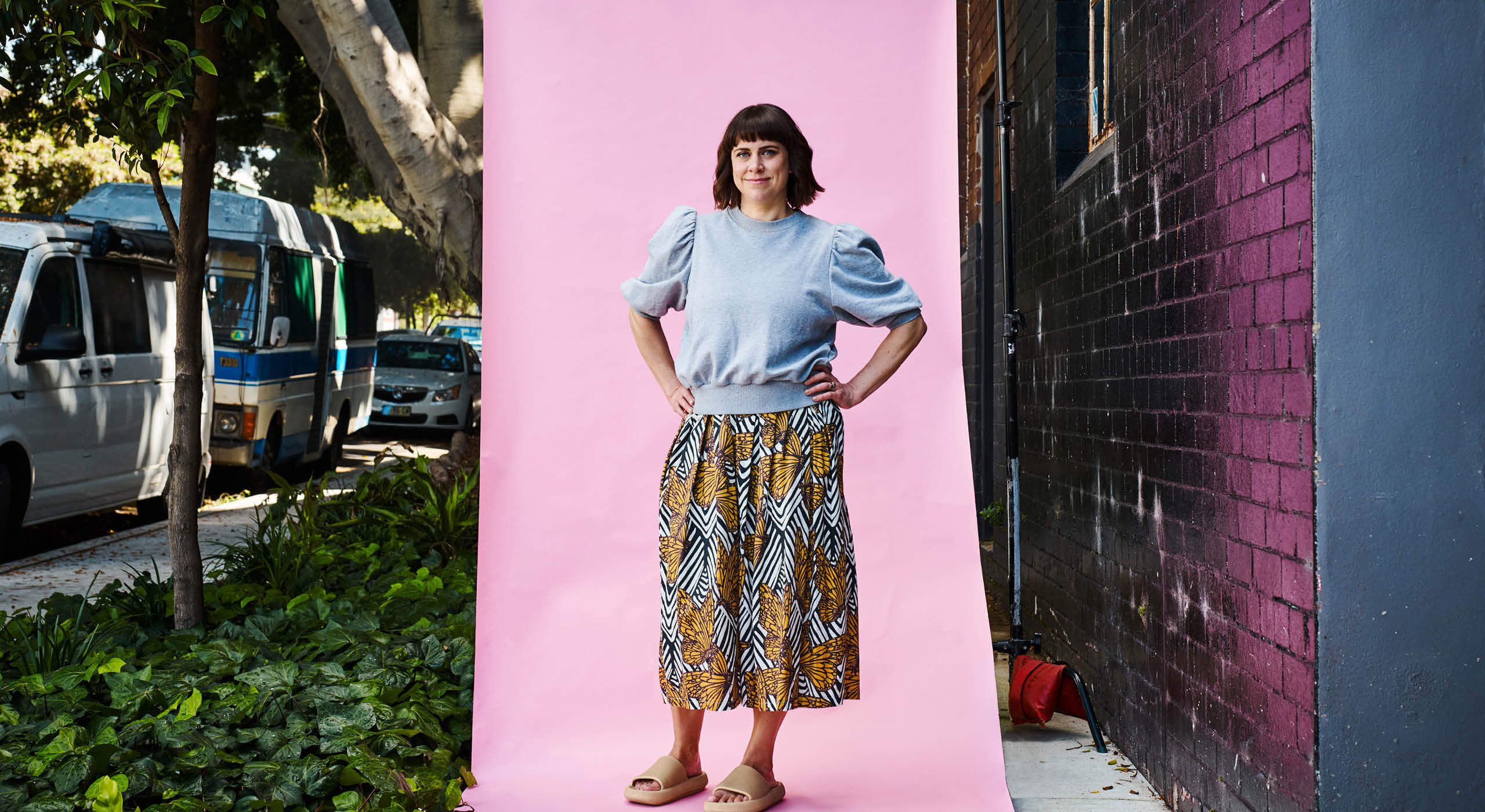
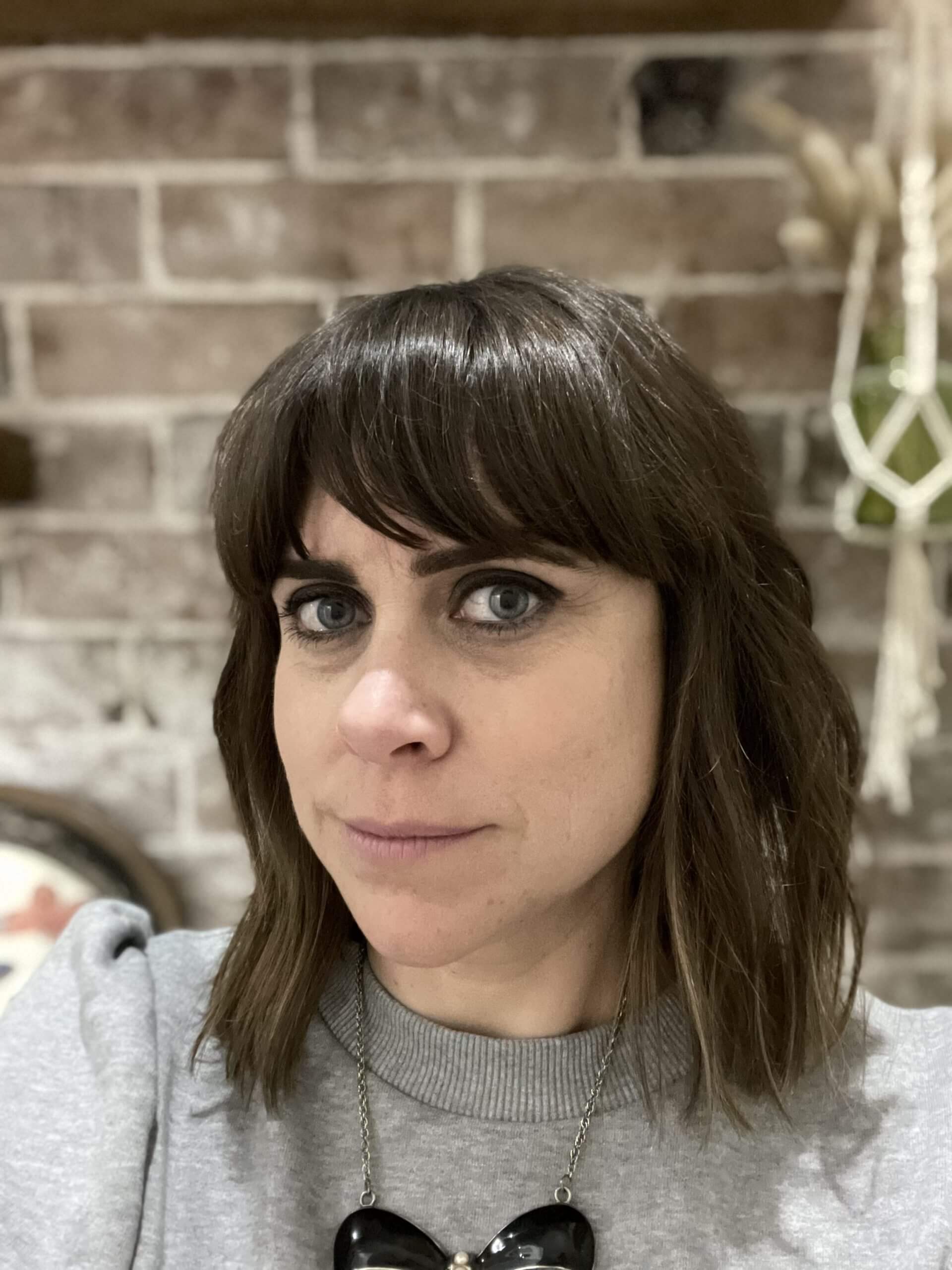


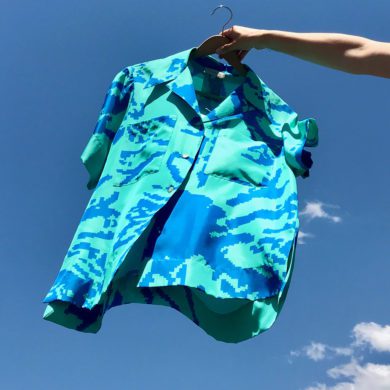
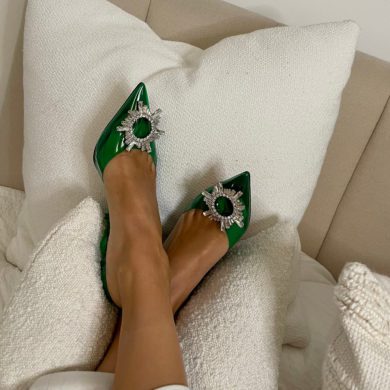



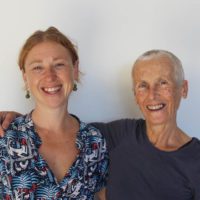
No Comments